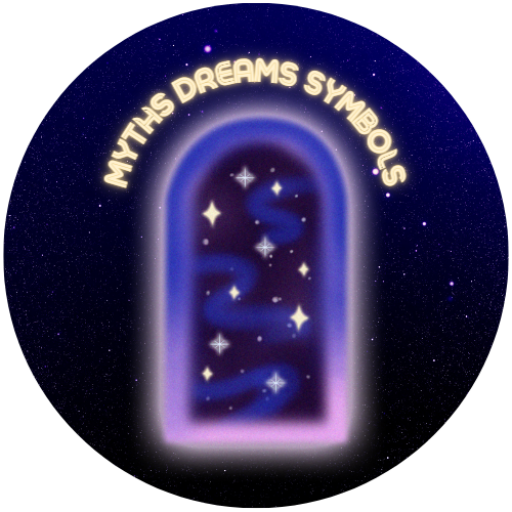In the realm of personal growth and self-discovery, Carl Jung’s concept of individuation presents a fascinating journey toward wholeness.
This process, as outlined by Jung, suggests that each of us has a predetermined psychological type, and straying too far from this blueprint in pursuit of another can lead not to fulfillment, but to disillusionment and psychological harm.
Drawing parallels to conditions such as anorexia, which stem from a disconnection with one’s true self, the dangers of denying our inherent nature become starkly apparent.
The Essence of Individuation
At the heart of Jung’s theory is the idea of making the unconscious conscious, a transformative process that allows us to integrate disparate aspects of ourselves.
This journey of individuation is not about becoming someone else, but rather about fully becoming ourselves, embracing the totality of our psyche.
The Mechanics of Transformation
While the notion of individuation offers a compelling vision of psychological development, the practical steps involved in this process remain elusive for many.
The endeavor to understand and articulate the mechanics of how we can effectively bring the unconscious into the realm of the conscious is ongoing.
This exploration is crucial for applying Jung’s theories in a way that is tangible and beneficial in our daily lives.
The Shadow and Its Modern Interpretations
One of the most intriguing aspects of Jung’s work is his concept of the shadow, the part of ourselves that we deny or reject. In contemporary discussions, this has evolved into the notion of “shadow functions” within our personality types.
However, reconciling these modern interpretations with Jung’s original vision of the shadow poses a challenge.
The shadow, as conceived by Jung, encompasses far more than just the undesirable traits we wish to hide; it includes a vast array of potentialities that, if acknowledged and integrated, can lead to profound personal growth.
Convergence of Old and New
The task of aligning modern interpretations of Jung’s work with his original theories is no small feat.
It requires a delicate balance between honoring the depth and complexity of his insights and adapting them to the context of contemporary psychological understanding.
As we delve deeper into the mechanics of individuation and the nature of the shadow, we must remain open to the rich possibilities that this exploration offers for personal and collective transformation.
Embracing the Journey
The journey of individuation and the integration of the shadow are at the core of our quest for psychological wholeness.
By engaging with these concepts in a thoughtful and grounded manner, we open ourselves to the transformative power of Jung’s work.
This path is not about becoming someone else but about coming to fully realize and embrace our true selves, with all the challenges and rewards that this process entails.
In navigating the Jungian path, we are invited to explore the depths of our being, to confront our shadows, and to emerge with a greater sense of clarity and purpose.
This journey, complex and multifaceted, offers a beacon of hope and a roadmap for those seeking to understand the mysteries of the psyche and the intricate dance of the conscious and unconscious mind.










